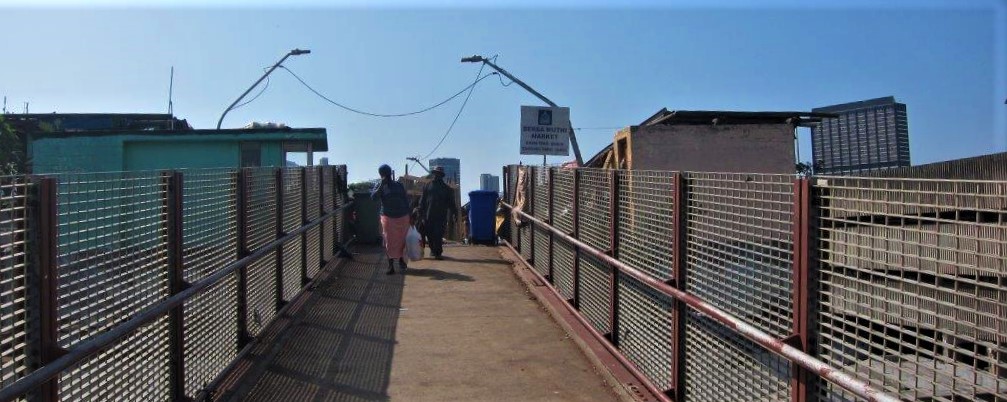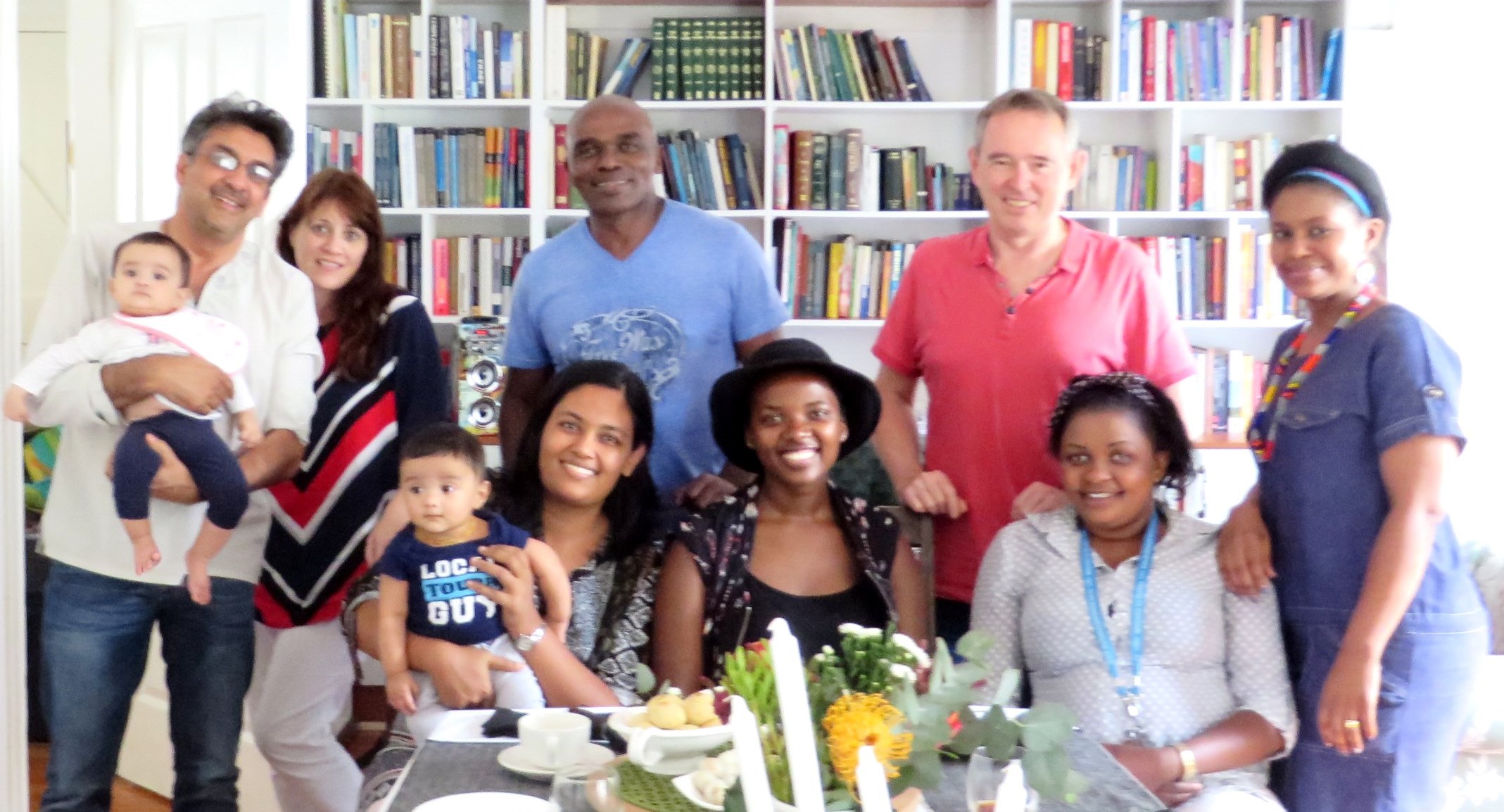Impact of the pandemic on informal workers in Durban: Stories from the street
Misiwe Maphumulo & Sarah Heneck A WIEGO-led COVID-19 Crisis and the Informal Economy survey was conducted in 12 cities worldwide, with the aim of assessing the impact of the pandemic on informal workers. Asiye eTafuleni (AeT) surveyed 185 informal workers across three sectors in Durban, namely, waste pickers, market traders and street traders. The COVID-19 pandemic … Read more










